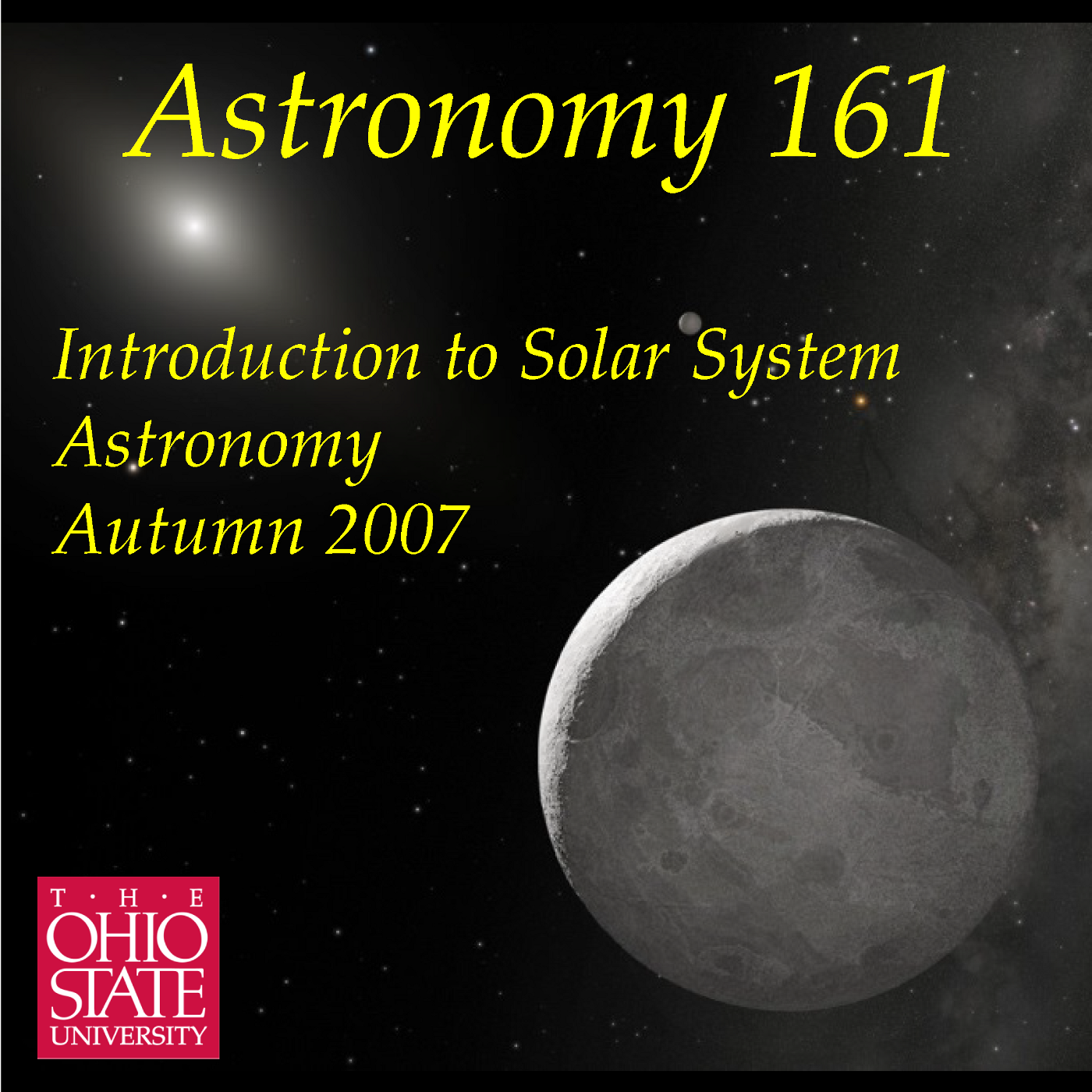Lecture 13: The Harmony of the Spheres - Greek Astronomy
Description
What are the origins of the Geocentric and Heliocentric models
put foward to explain planetary motion? This lecture begins a new
unit that will chart the rise of our modern view of the solar system by
reviewing the highly influential work by Greek and Roman philosophers
who elaborated the first geocentric and heliocentric models of
the Solar System. We discuss the various geocentric systems from
the simple crystaline spheres of Anaximander, Eudoxus, and Aristotle
through the Epicyclic systems of Hipparchus and Ptolemy. We will
also briefly discuss what is known of Aristarchus' mostly-lost heliocentric
system, which was to so strongly influence the work of Copernicus. The
ultimate expression of an epicyclic Geocentric system was that
described by Claudius Ptolemy in the middle of the 2nd Century AD, and
was to prevail virtually unchallenged for nearly 14 centuries.
Recorded 2007 Oct 8 in 1000 McPherson Lab on the Columbus campus
of The Ohio State University.
More Episodes
A new podcast, Astronomy 141, Life in the Universe, is available
for those interested in continuing an exploration of topics in
modern astronomy.
Published 12/06/09
Published 12/06/09
Are we alone in the Universe? This lecture explores the question of how
we might go about finding life on planets around other stars. Rather
than talking about speculative ideas, like the Drake Equation or SETI, I
am instead taking the approach of posing it as a problem of what to look
for...
Published 11/30/07


